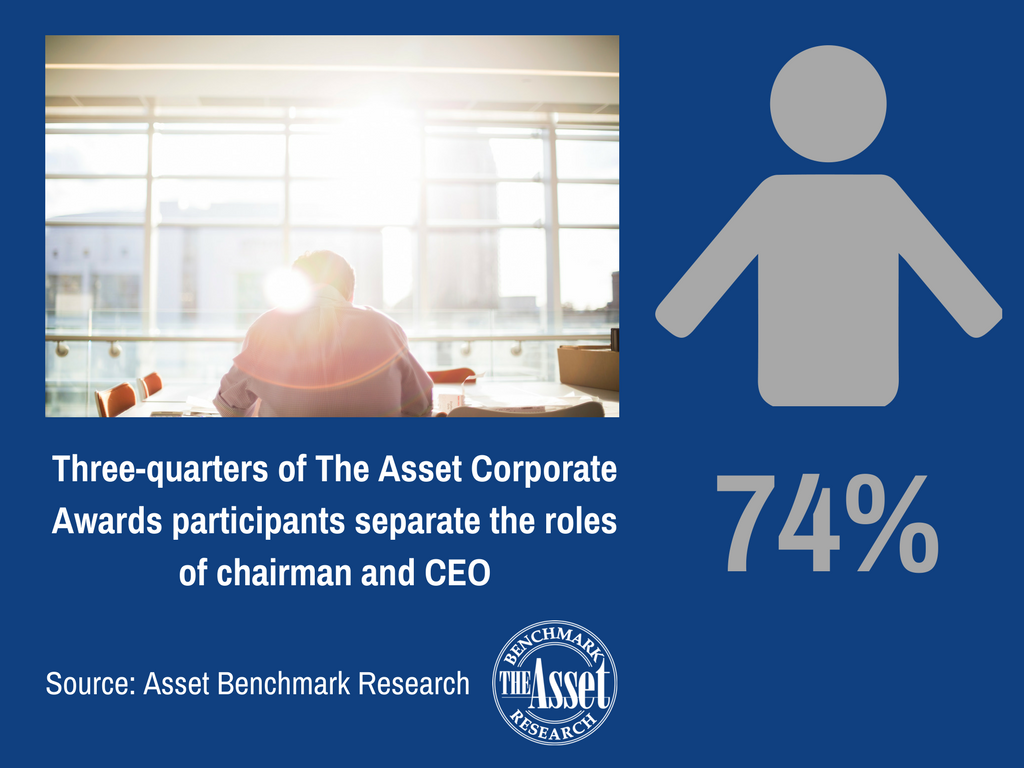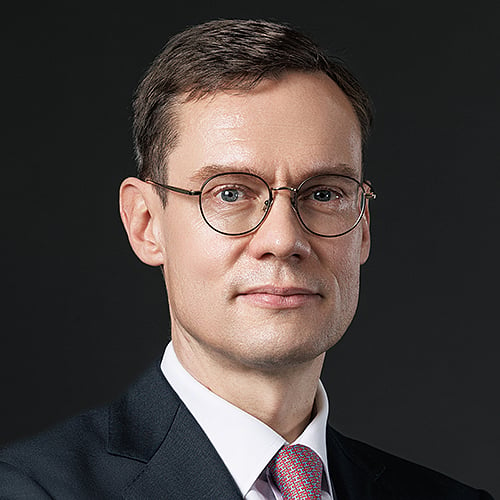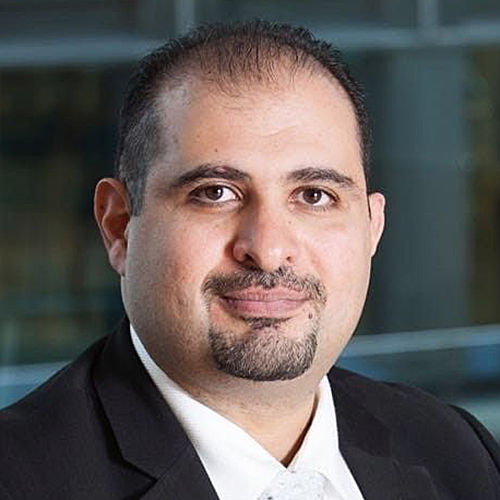JAPAN’s third-largest steelmaker, Kobe Steel, has serious work to do to earn back trust. Its chairman and CEO, Hiroya Kawasaki, stepped down last week to take responsibility for a widespread data fraud scandal that came to light last year.
Kobe Steel, whose products go into cars, trains and planes around the world, admitted to supplying substandard products to over 500 customers. The company has said that the scandal is likely to reduce their recurring profit by 10 billion yen (US$94 million) this year.
Scandals of this scale call into question the existing culture where the CEO and chairman are one and the same person. The issue is already on the table, as just two years ago Japan introduced a governance code urging companies to appoint multiple outside directors.
Traditionally, the chairman is responsible for the leadership and governance of the board of directors, while the CEO is engaged in managing the day-to-day running of the group’s businesses. Separating the positions enables a company to make a distinction between the roles of the board and the management, and helps to prevents conflicts of interest in evaluating performance, executive compensation, succession planning and the recruitment of new directors.
Kobe’s executives admitted they were aware of the falsification and that data fraud has been going on for decades. However, with a board composed of mostly insiders, there was little incentive to ask difficult questions about a firm’s operational practices or probe into their risk controls.
While having a governance mechanism in place isn’t a panacea for rooting out malfeasance and compliance failures, ESG experts believe governance codes that require the separation of chairman and CEO roles promotes stability in a company. By separating the functions, the CEO can focus on strategy, operations, and organizational issues while the chairman can oversee management, lead the board, and promote good governance.
The US has already made headway in this regard. Last year was the first time that more than half (51%) of the companies in the S&P 500 Index separated the roles of CEO and chairman, according to an annual survey by executive search and leadership consulting firm Spencer Stuart.
And in Asia, new corporate governance codes and best practices are being adopted as governments in the region strengthen corporate governance. Despite such scandals, experts in the field would agree that Asian corporates are moving in the right direction.
Based on a recent survey by Asset Benchmark Research (ABR), the majority (74%) of Asian corporates separate the roles of CEO from the chairman. The survey results are in line with the trend over the past five years that suggests companies in Asia believe an independent chairman can provide a necessary balance to the CEO.
 For Kobe Steel, the separation of CEO and chairman cannot undo the damage from the recent scandal. However, for corporates in Asia, adopting such a model could help prevent similar scandals in future.
For Kobe Steel, the separation of CEO and chairman cannot undo the damage from the recent scandal. However, for corporates in Asia, adopting such a model could help prevent similar scandals in future.
To learn more about The Asset Corporate Awards, please click here.
To learn more about Asset Benchmark Research, please click here.
About the research
The research was conducted as part of The Asset Corporate Awards 2017, the longest-running ESG awards in Asia, bestowed annually by leading research house, Asset Benchmark Research (ABR). The Platinum, Gold and Titanium awards offer a rigorous benchmarking service for the region's listed firms and enables them to join an exclusive circle of top corporates. Since 2001, our winners have found this opportunity to be valuable in bolstering their credentials in the ESG space.
The assessment is based on the online questionnaire submission made by the company and the supplementary information they provide. Factors that are taken into consideration range from an evaluation of financial performance, management, corporate governance, social and environmental responsibility and investor relations.









